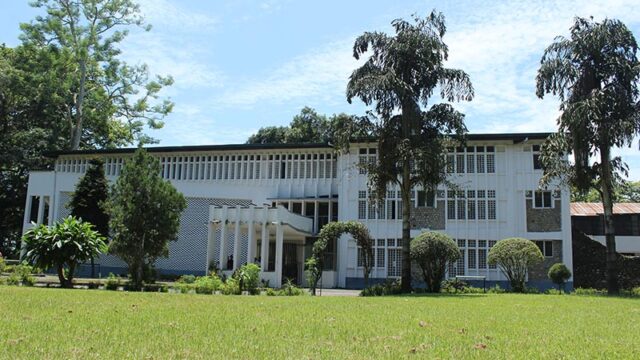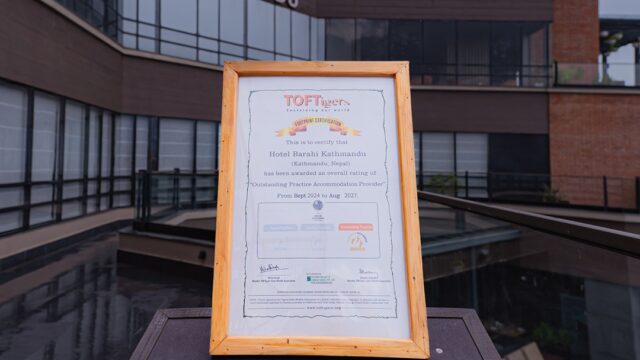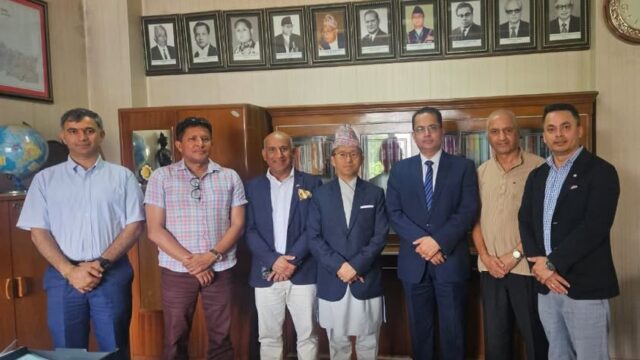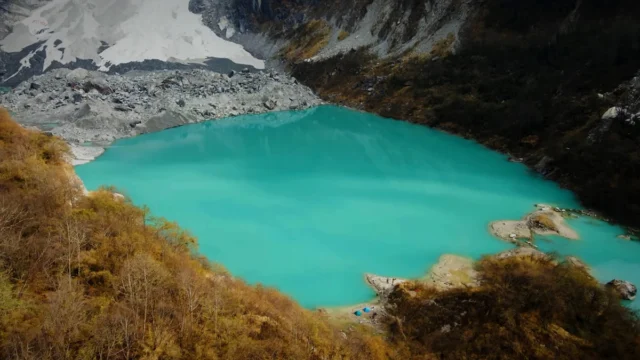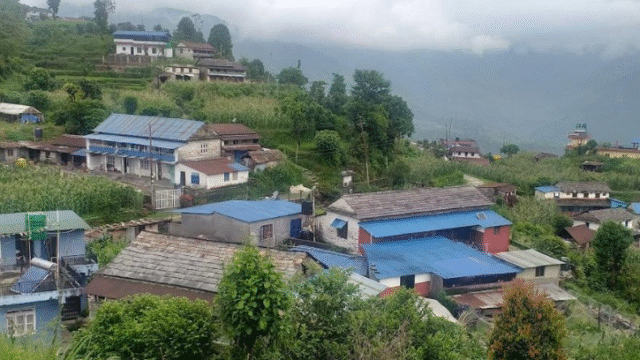Nepal’s hospitality sector is currently experiencing a dynamic phase of growth, marked by both significant opportunities and notable challenges. As the nation continues to recover from the impacts of recent global disruptions, the hospitality industry is gradually rebounding, driven by an increasing influx of international tourists and a growing domestic travel market.
The primary opportunity for Nepal’s hospitality sector lies in its rich cultural heritage and natural beauty, which attract tourists from around the world. The country’s diverse offerings, from the majestic Himalayas and serene lakes to its vibrant cultural festivals and historical sites, provide a unique and appealing experience for visitors. This diversity allows for the development of niche markets, such as eco-tourism, adventure tourism, and cultural tourism, which can cater to a variety of interests and preferences.
There is a growing trend towards sustainable and responsible tourism. Many travelers are now seeking experiences that have a positive impact on local communities and the environment. Nepal, with its commitment to preserving its natural landscapes and cultural heritage, is well-positioned to capitalize on this trend. Investments in eco-friendly accommodations, community-based tourism initiatives, and sustainable practices can enhance the attractiveness of Nepal as a destination and ensure long-term benefits for both the industry and local communities.
The increasing emphasis on digital transformation also presents an opportunity for the hospitality sector. The rise of online travel agencies, booking platforms, and social media provides new avenues for marketing and customer engagement. Leveraging these digital tools can enhance visibility, streamline operations, and improve customer experiences. Furthermore, the development of innovative technologies, such as virtual reality tours and AI-driven customer service, can offer unique experiences and improve operational efficiency.
Despite these opportunities, the hospitality sector in Nepal faces several challenges. One of the most pressing issues is the infrastructure deficit. While major cities and popular tourist destinations have seen improvements, many areas still lack the necessary infrastructure to support a growing number of visitors. Inadequate transportation facilities, limited access to remote destinations, and insufficient amenities can hinder the overall visitor experience and limit the sector’s growth potential.
Another challenge is the need for skill development and workforce training. The hospitality industry relies heavily on skilled professionals to deliver high-quality services. However, there is a shortage of trained personnel in Nepal, which impacts service standards and operational efficiency. Investing in education and training programs to enhance the skills of workers and managers is crucial for maintaining competitiveness and ensuring a positive experience for tourists.
The sector faces challenges related to environmental sustainability and climate change. The increasing number of tourists can put a strain on natural resources and ecosystems, leading to potential environmental degradation. The industry needs to adopt and promote sustainable practices to mitigate these impacts and protect Nepal’s natural and cultural assets.
Finally, political instability and regulatory issues can pose challenges for the hospitality sector. Uncertainties related to government policies, regulations, and political stability can affect investor confidence and operational stability. Clear and supportive policies, along with effective governance, are necessary to create a conducive environment for the sector’s growth and development.
Nepal’s hospitality sector stands at a crossroads of opportunity and challenge. By leveraging its unique assets, embracing digital transformation, and addressing key challenges such as infrastructure, workforce development, sustainability, and regulatory stability, the industry can navigate the complexities of the current environment and achieve sustainable growth. With strategic planning and collaboration among stakeholders, Nepal has the potential to emerge as a leading destination in the global hospitality market.

